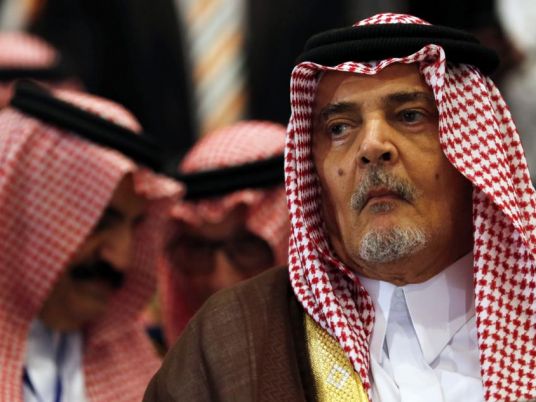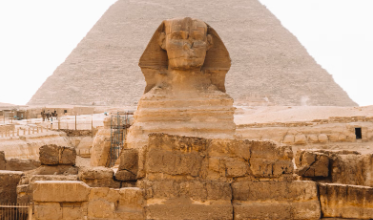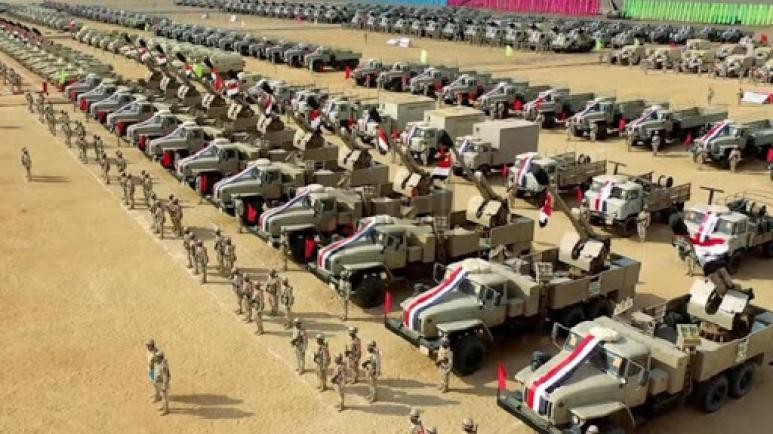
Arab leaders meeting this weekend in this Egyptian Red Sea resort are moving closer than ever to creating a joint Arab military force, a sign of a new determination among Saudi Arabia, Egypt and their allies to intervene aggressively in regional hotspots, whether against Islamic militants or spreading Iranian power.
Creation of such a force has been a longtime goal that has eluded Arab nations in the 65 years since they signed a rarely used joint defense pact. And there remains reluctance among some countries, particularly allies of Iran like Syria and Iraq — a reflection of the divisions in the region.
Foreign ministers gathered in Sharm el-Sheikh ahead of the summit, which begins Saturday, agreed on a broad plan for the force. It came as Saudi Arabia and its allies opened a campaign of airstrikes in Yemen against Iranian-backed Shiite rebels who have taken over much of the country and forced its US- and Gulf-backed president to flee abroad.
The Yemen campaign marked a major test of the new policy of intervention by the Gulf and Egypt. The brewing Yemen crisis — and Gulf fears that the rebels are a proxy for Iranian influence — have been one motivator in their move for a joint Arab force. But it also signaled that they are not going to wait for the Arab League, notorious for its delays and divisions, and will press ahead with their military coordination on multiple fronts.
Egyptian officials said the Yemen airstrikes are to be followed by a ground intervention to further weaken the rebels, known as Houthis, and their allies and force them into negotiations. They have also moved ahead with action in Libya after its collapse into chaos since 2011 and the rise of militants there — including now an affiliate of the Islamic State group that has overrun much of Iraq and Syria. Egypt and the United Arab Emirates have both carried out airstrikes against Libyan militants in the past year.
In their agreement Thursday, the foreign ministers called on the chiefs of staff of the Arab League's 22-member nations to meet within a month to iron out details of the force, like its budget and mechanism, and report back to the organization.
The Egyptian military and security officials said the proposed force would be made of up to 40,000 elite troops and will be headquartered in either Cairo or Riyadh, the Saudi capital. The force would be backed by jet-fighters, warships and light armor. They spoke on condition of anonymity because they were not authorized to speak to the media.
Arab league officials said some Arab nations had reservations about the creation of a joint force, including Iraq, whose foreign minister, Ibrahim a-Jaafari, has counselled fellow ministers that more time was needed for planning. Iran holds massive influence with Iraq's Shiite-led government and its military advisers are playing an active role in the fight by government troops and allied Shiite militias against militants of the Islamic State.
The Associated Press exclusively reported last November that the leaders of Egypt, Saudi Arabia, the United Arab Emirates and Kuwait, all Sunni Muslim nations, were discussing the creation of a joint military alliance with a possible joint force to deal with the threat posed by Islamic militants in Libya and to combat the growing influence of Shiite, non-Arab Iran, particularly in Yemen. Jordan and Bahrain have since expressed their willingness to join the alliance.
Egypt's president, soldier-turned-politician Abdel-Fattah el-Sissi, was the first Arab leader to speak publicly about the plan. In a recent address, he said there was a pressing need now for a joint Arab force and repeated his assertion that Egypt was prepared to intervene militarily in support of its Gulf Arab allies. Saudi Arabia, Kuwait and the United Arab Emirates have poured billions of dollars into Egypt's emptying coffers since el-Sissi ousted Mohammed Morsi in July 2013 following mass protests against the rule of the Islamist president.
"The resolution sends a clear message that Arab nations can agree on a plan to defend themselves," Arab League chief Nabil Elaraby told a news conference late Thursday in Sharm el-Sheikh. Egyptian Foreign Minister Sameh Shukri said the proposed force would undertake "quick and effective missions."
Saudi Arabia, a staunch US ally, views Yemen as strategically important to its national security and has traditionally patronized key players there like top politicians, military commanders and tribal chiefs to protect its interests. It fought a brief border war against the Houthis in 2009. Similarly, Egypt views neighboring Libya as vital to its own national interests. Last month, Egyptian warplanes struck Islamic State positions in eastern Libya in retaliation for its mass beheading of 21 Coptic Christian Egyptians.
Thursday's resolution, however, will streamline military actions like those undertaken by the Egyptians and Saudis in Libya and Yemen respectively, allowing future actions to be carried out under Arab League cover. El-Sissi's calls for a UN-backed force to intervene in Libya were stymied by the West on the grounds that more time should be given to UN-led efforts to reconcile Libya's rival governments.
Egyptian forces have recently concluded large-scale war games near its border with Libya. Codenamed "Thunder," the exercise involved navy warships, attack helicopters and beach landings by army commandos.
Moreover, Egypt and its Gulf Arab allies have over the past year held a series of joint war games, including several in the Red Sea, a tactic that the Egyptian officials said was necessary to create harmony between members of the proposed force.
Already, the officials said, Egyptian troops are embedded with Saudi forces on the kingdom's border with Iraq, about a third of which is controlled by the Islamic State. Egyptian military advisers are also deployed near Saudi Arabia's border with Yemen. As the crisis in Yemen worsened, Egypt has coordinated efforts with Sudan and Horn of Africa nation Eritrea to ensure the safety of shipping through the southern Bab al-Mandab entrance of the Red Sea, which Yemen overlooks.




